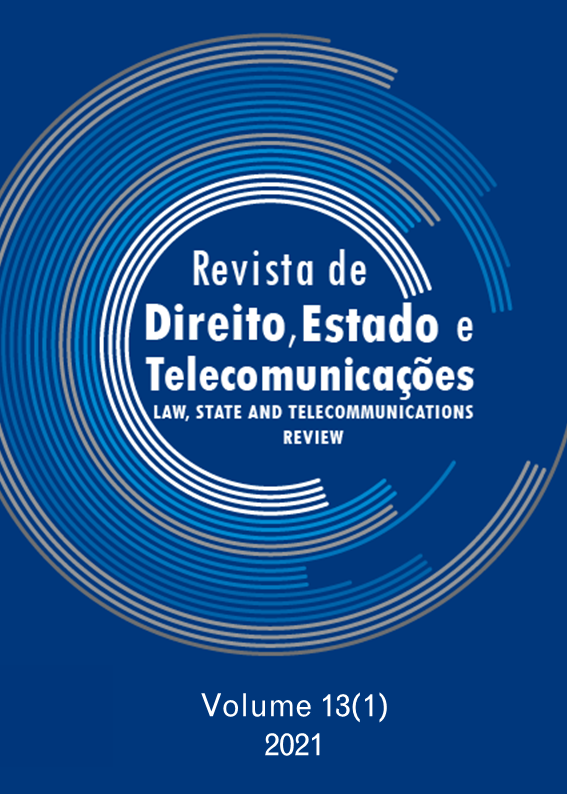THE RIGHT OF ACCESS TO THE INTERNET AS FUNDAMENTAL HUMAN RIGHT GIVEN THE DEVELOPMENT OF GLOBAL INFORMATION SOCIETY
DOI:
https://doi.org/10.26512/lstr.v13i1.30904Keywords:
Internet, right to Internet access, Information Society, Internet users, UN, Council of Europe, European Court of Human RightsAbstract
Purpose – This article examines the pressing problem of ensuring the right to Internet access as a basic human right that is fundamental for the formation and the development of the modern information society. The purpose of the study is to promote the idea of adhering to such right, clarifying conceptual approaches, to understand its content as reflected in the decisions of the United Nations, the Council of Europe, and the European Court of Human Rights, as well as determining both the place and the role of this right in the European mechanism for the provision of human rights at the current stage of the information society.
Methodology/Approach/Design – In order to reach a comprehensive understanding of the human right to Internet access and to reduce the level of digital inequality both in the European countries and globally, several authors have given their suggestions, which are considered appropriate for their implementation by international organizations, governments, telecommunication companies, and Internet service providers.
Findings – By propelling this analysis, the authors advocate the need to recognize the right to Internet access as one of the inalienable human rights that are necessary for decent living and development in the information society. Special attention is given to the fact that the right to Internet access, due to its unique kind allows individuals to exercise other rights, namely the right to information, the right to freedom of opinion and the dissemination thereof, the right to freedom of assembly and association, the right to education, among others. This imposes positive obligations on states to ensure the human right to Internet access and to create a safe and favorable Internet environment for all.
Downloads
Published
Issue
Section
License
Copyright (c) 2021 Law, State and Telecommunications Review

This work is licensed under a Creative Commons Attribution 4.0 International License.
By submitting this paper to the Law, State and Telecommunications Review,
I hereby declare that I agree to the terms of the Creative Commons Attribution 4.0 International (CC BY 4.0).


